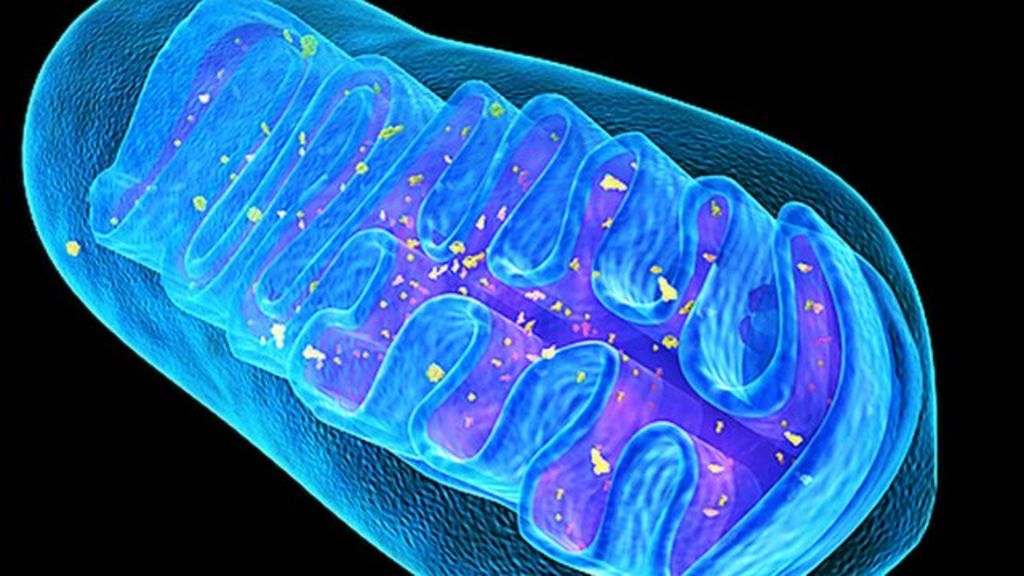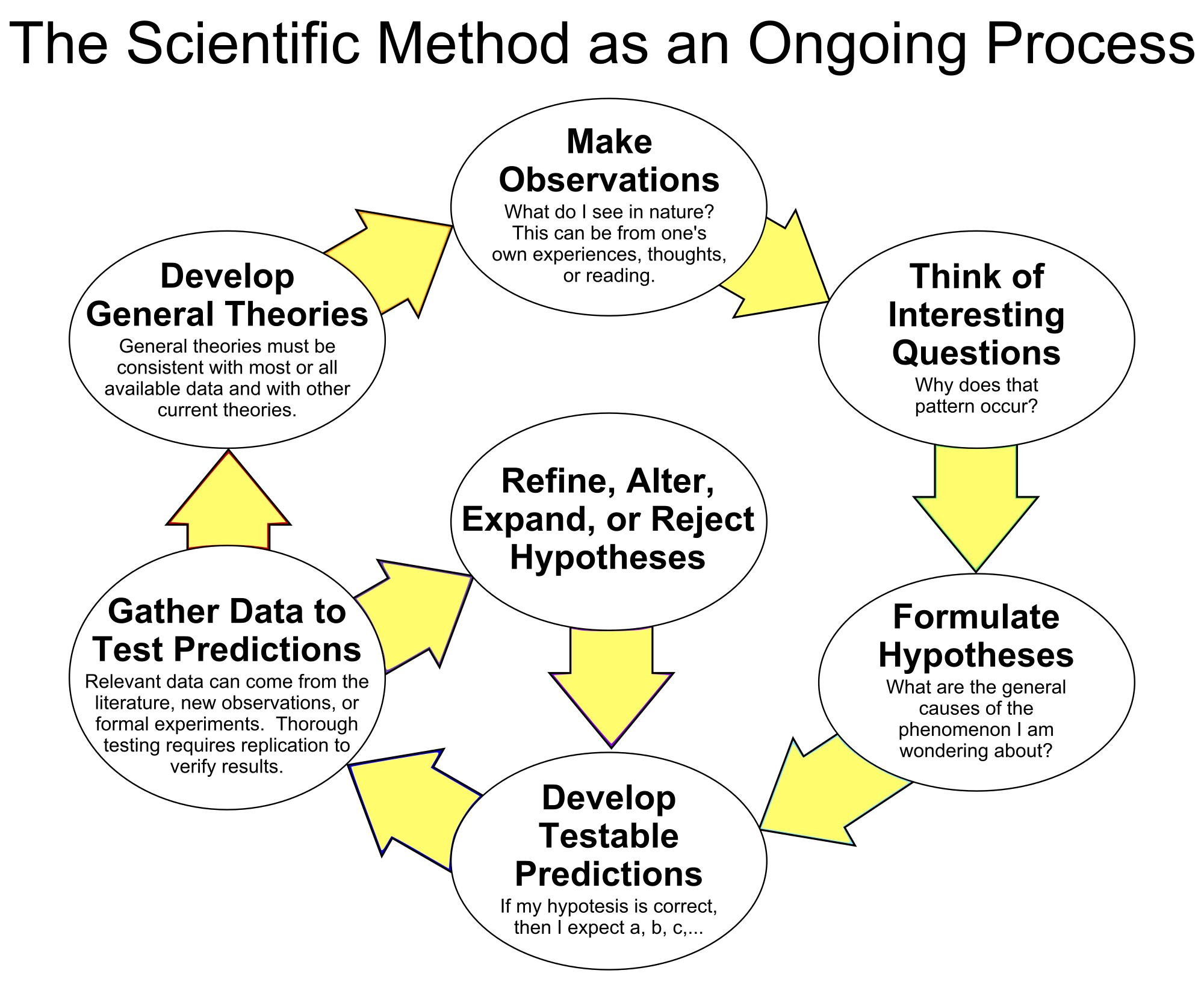 |
| http://www.bbc.com/news/health-32434347 |
Summary: This week in class I learned about mitochondria. Mitochondria produces energy for the cell. You also get your mitochondria DNA from your mother. The mitochondria also controls the amount of calcium the cell has. Mitochondrial disease can happen when it fails. Some of the symptoms of mitochondrial disease are nervous system dysfunction and muscle weakness.
SP7: Engaging in argument from evidence:
This week in class we did something called smears. Smears are a friendly and academically correct way of saying why some people are wrong. An example would be "a vote for a vacuole is a vote danons disease", with the cited document of where you found the information next to it. An example of what a smear isn't is: "the vacuole sucks". Everyone in your group has to do two smears to help each groups organelle win the election.


